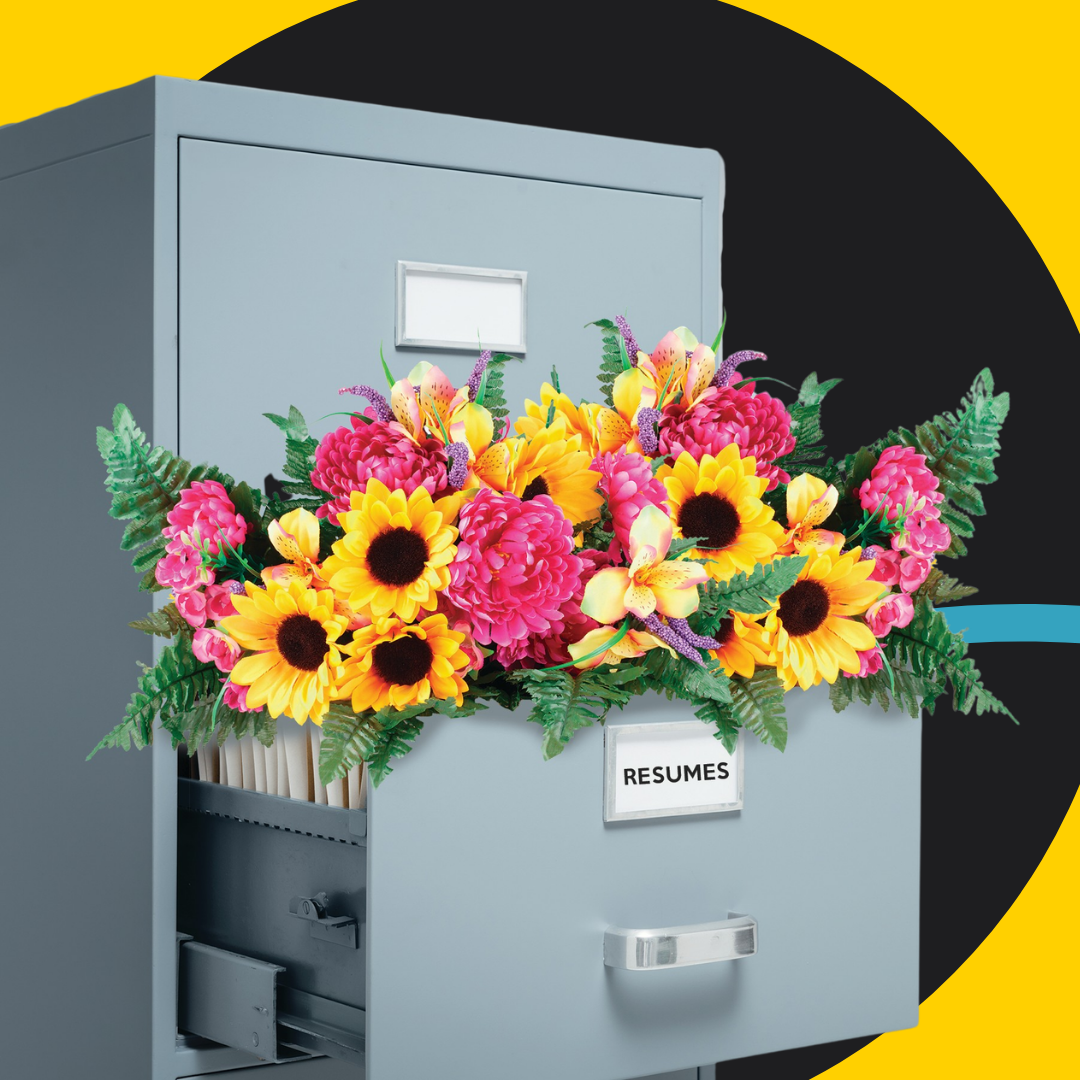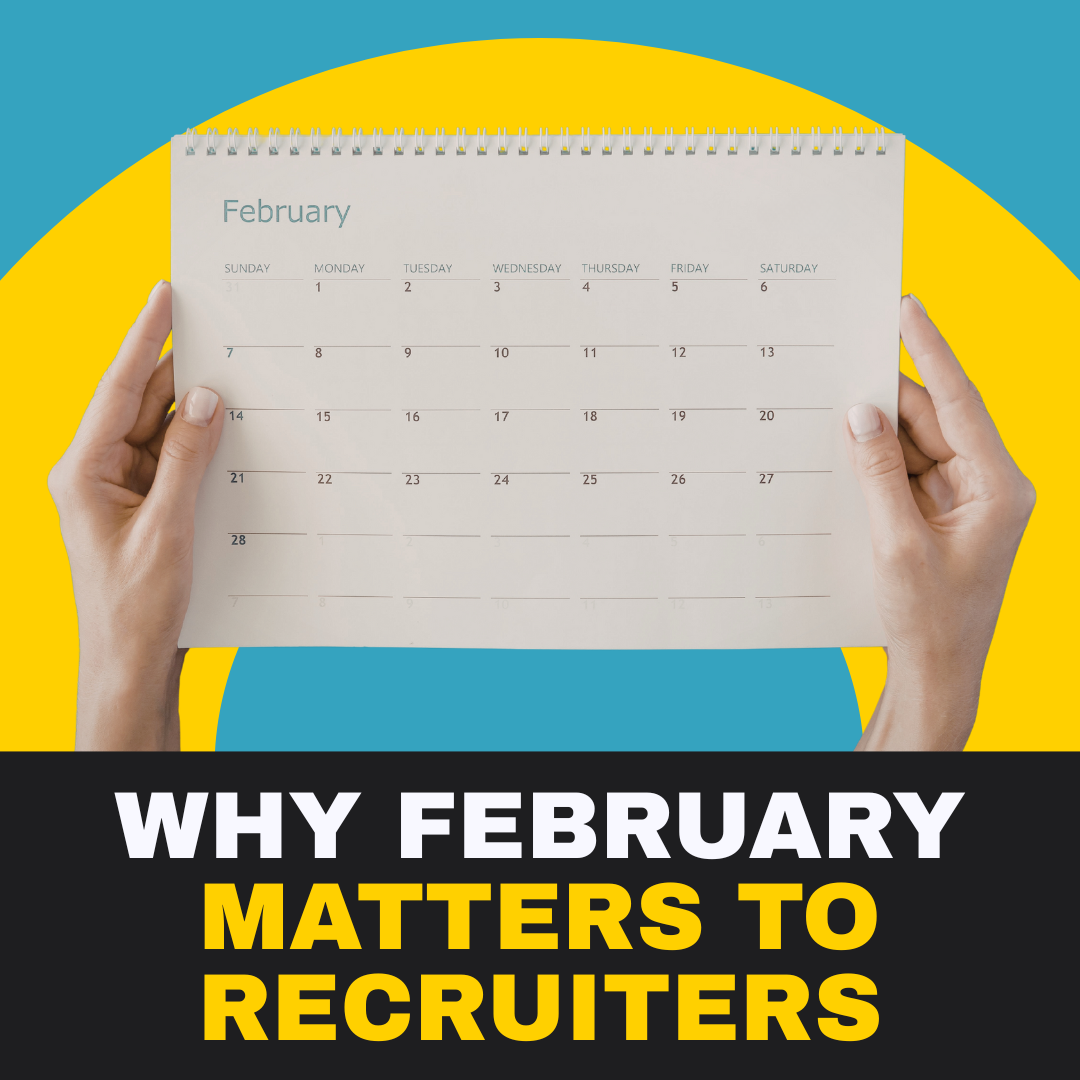The Modern Interview: How to Showcase Soft Skills and Emotional Intelligence
It’s More Than Just Your Resume
You’ve polished your resume. You’ve prepped for common questions. But in today’s job market, technical skills alone won’t set you apart. According to a recent LinkedIn Workplace Learning Report, 92% of hiring managers say soft skills matter as much or more than hard skills—and emotional intelligence (EQ) is a top priority. In the modern interview, showcasing how you think, communicate, adapt, and connect with others can be the deciding factor. Here's how job seekers can shine—beyond the script.
🔍 What Are Soft Skills and Why Do They Matter?
Soft skills are the personal qualities and behaviors that influence how you work with others. They include:
- Communication and active listening
- Adaptability and resilience
- Problem-solving and creativity
- Collaboration and conflict resolution
- Empathy, self-awareness, and emotional regulation
These qualities shape workplace culture and drive long-term success—but unlike hard skills, they’re not listed on a certification.
🤝 Why Employers Prioritize Emotional Intelligence
Workplaces are evolving fast. Hybrid environments, team-based projects, and high-change industries require people who can adapt, manage stress, and lead with empathy. Hiring managers are looking for:
- Teammates who communicate clearly
- Employees who take initiative and own their growth
- People who can navigate challenges without drama
- Colleagues who uplift the team, not just themselves
And they’re using interviews to find them.
✅ Five Ways to Show Soft Skills in an Interview
- Share real stories
Instead of generic answers, use STAR responses (Situation, Task, Action, Result) to describe past situations where your soft skills made an impact. Focus on how you handled challenges or worked with others. - Talk about growth, not perfection
Employers appreciate self-awareness. Be open about a time you struggled—but learned. This shows humility, adaptability, and a willingness to grow. - Demonstrate emotional intelligence live
Practice active listening. Make eye contact. Ask thoughtful questions. Show you’re fully engaged and present—not just waiting for your turn to speak. - Read the room
EQ isn’t just about what you say—it’s also about your sensitivity to tone and energy. Adjust your pace, tone, and message based on the conversation, not a script. - Ask culture-focused questions
When you ask about team dynamics, management style, or how feedback is delivered, it shows you care about how people work together—not just what the job pays.
🌟 How It Looks in Action
Instead of saying: “I’m a team player.”
➡ Try this: “In my last role, we had a project go off track due to conflicting priorities. I stepped in to mediate a short team meeting that helped us realign—and we ended up hitting our deadline. It taught me how important listening and setting shared goals can be.”
Instead of saying: “I work well under pressure.”
➡ Try this: “During peak season, I managed a 30% increase in workload by building a checklist system that helped me stay focused without dropping quality. I also encouraged my teammates to use it.”
🗣️ Q&A
Q: How do I highlight soft skills on a resume?
A: Focus on outcomes and behaviors. Use bullet points that demonstrate collaboration, leadership, or problem-solving. Example: “Led a cross-functional team of 5 to streamline onboarding, reducing turnover by 20%.”
Q: Can soft skills be learned?
A: Absolutely. Active listening, conflict resolution, time management, and empathy can all be strengthened with intention, feedback, and practice.
Q: How do I answer behavioral questions effectively?
A: Use the STAR method (Situation, Task, Action, Result) and connect your story back to a key soft skill—like adaptability, leadership, or emotional awareness.
Q: What if I don’t have a lot of work experience?
A: Use examples from school, sports, volunteering, or personal projects. Soft skills show up in how you approach any team effort or challenge.
📢 Final Takeaway
In today’s job market, skills matter—but emotional intelligence wins offers. The modern interview isn’t just a skills check—it’s a conversation about how you show up, adapt, communicate, and grow. By leaning into your story, being present, and sharing who you are—not just what you’ve done—you’ll leave a lasting impression. At Sedona Staffing, we believe the right match goes deeper than qualifications. We help you find employers who value both your experience and your essence—and we prepare you to show both.
This article is for informational purposes only and job placement or employment is not guaranteed.





